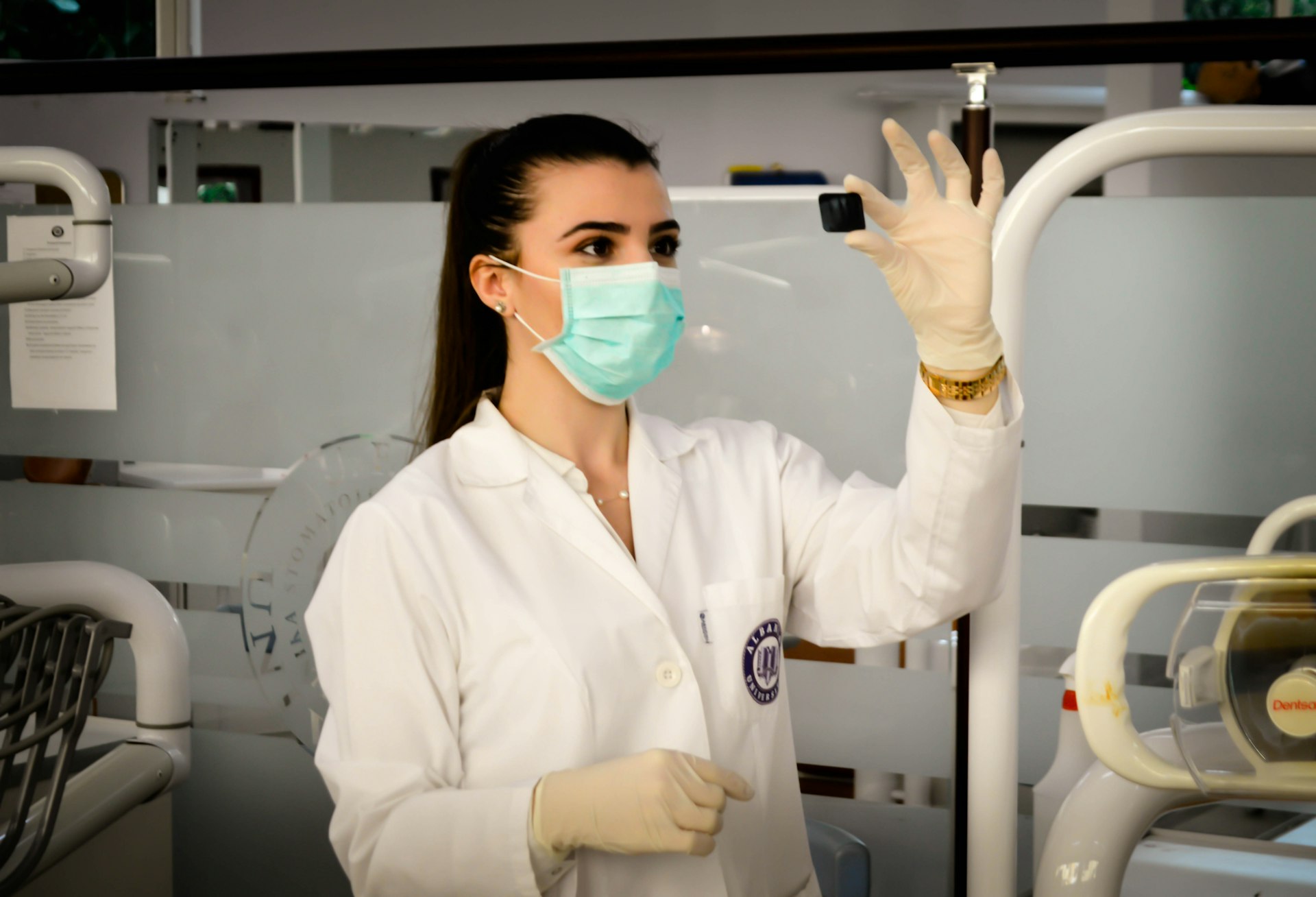Apply By: August 15, 2024 Classes Start: September 5, 2024
Overview
While a DNP degree is a doctoral-level degree, NPs with DNPs are not the same as physicians or other medical doctors (MDs). Instead, a DNP signifies a nurse has completed the highest degree of educational training in the nursing profession. Some NPs with DNP degrees move on to leadership roles in the healthcare field. Others remain in the field and use their qualifications to take on NP roles like those listed previously.
While these particular nursing specializations are also available to NPs with MSN degrees, a DNP degree may offer nurses a competitive edge when applying for these types of positions and negotiating their working conditions. A DNP is and will likely continue to be a strong pathway for nurses looking to advance to the highest levels of their profession.
Learning Outcomes
- Advanced Clinical Practice: Acquire advanced clinical skills and knowledge to provide high-quality patient care.
- Evidence-Based Practice: Develop the ability to integrate evidence-based research into clinical practice.
- Leadership Skills: Enhance leadership and management skills for healthcare settings.
- Healthcare Policy: Understand and influence healthcare policy to improve patient outcomes.
- Quality Improvement: Implement quality improvement initiatives to enhance healthcare delivery.
- Interprofessional Collaboration: Foster effective collaboration with healthcare professionals across disciplines.


Admission Requirements
- Master's Degree in Nursing (MSN).
- Active RN License.
- Professional Experience: 1-2 years of clinical practice.
- Strong Academic Record: Minimum GPA requirement.
- Letters of Recommendation: 2-3 references.
- Statement of Purpose.
- Interview: May be required.
Curriculum / Courses
The Online DNP program is designed to develop advanced clinical skills, research proficiency, and leadership capabilities in experienced nurses. It prepares graduates for advanced practice roles, leadership positions, and academic careers. The program typically includes core courses, elective courses, clinical practicums, and a capstone project. The duration can range from 2 to 5 years depending on the mode of study, with specific eligibility criteria for admission.
- 12 core course credits
- 6 elective credits
- 14 clinical practicum and capstone credits

